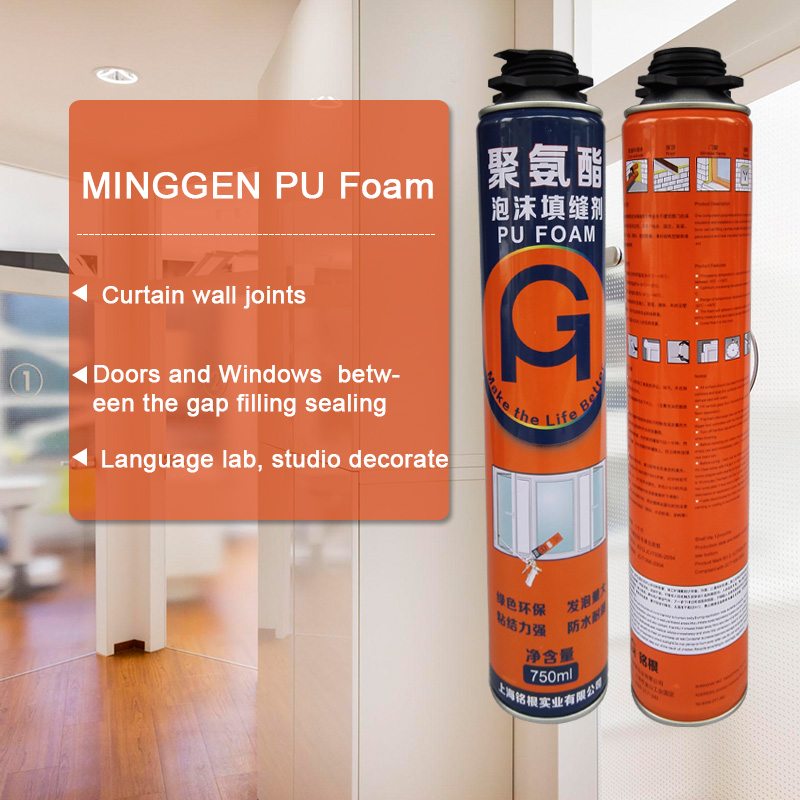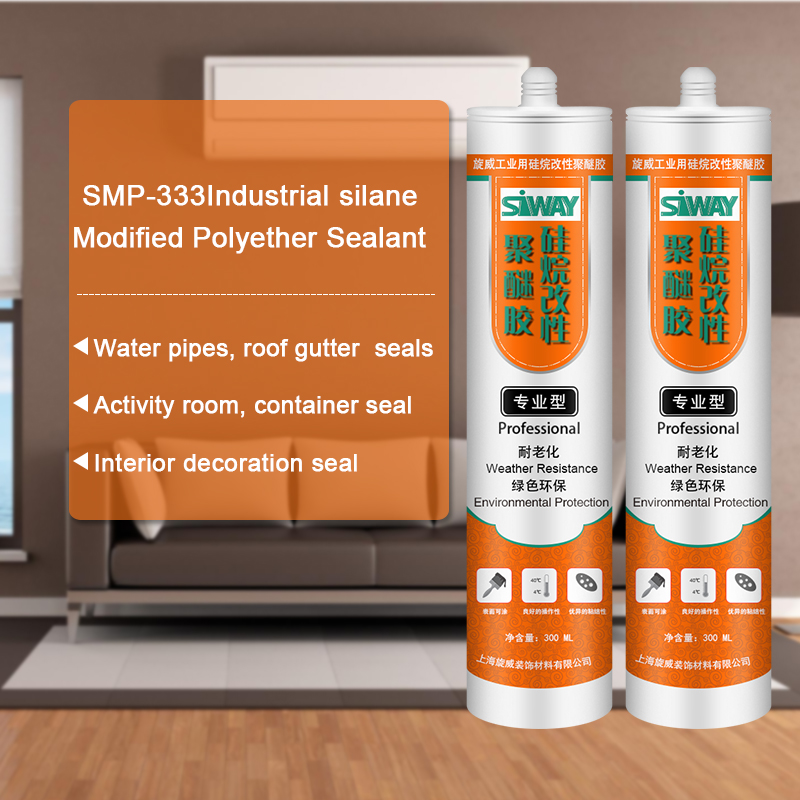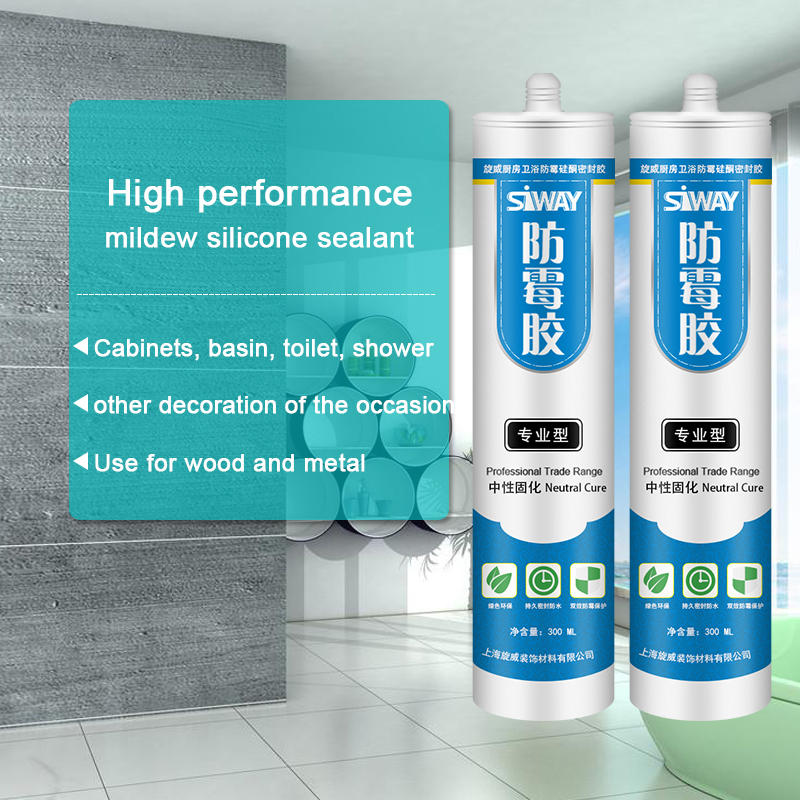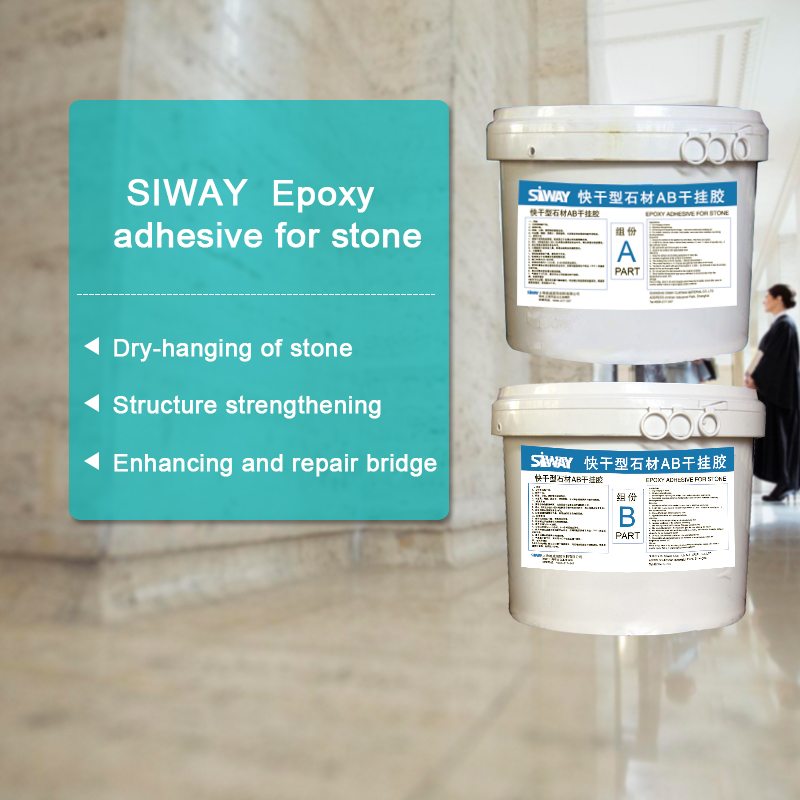Professional Design Siway MG PU FOAM to Greece Manufacturers
Short Description:
Description MG PU FOAM is the expansion, moisture curing, has the strong cohesiveness, elastic foam obturator structure; Save work to save time, reduce waste; High bond strength; Bubble can stick in the concrete, wood, metal, plastic, such as base material surface, but not including teflon, silicon resins; Key Features 1. Noise silencing effect 2. Strong bonding strength 3. Water & weatherproof 4. Primerless adhesion to most building materials Basic Application 1.Doors and Windows and...
We offer great strength in quality and development,merchandising,sales and marketing and operation for Professional Design Siway MG PU FOAM to Greece Manufacturers, we are now looking forward to even greater cooperation with overseas customers based on mutual benefits. If you are interested in any of our products, please feel free to contact us for more details.
Description
MG PU FOAM is the expansion, moisture curing, has the strong cohesiveness, elastic foam obturator structure; Save work to save time, reduce waste; High bond strength;
Bubble can stick in the concrete, wood, metal, plastic, such as base material surface, but not including teflon, silicon resins;
Key Features
1. Noise silencing effect
2. Strong bonding strength
3. Water & weatherproof
4. Primerless adhesion to most building materials
Basic Application
1.Doors and Windows and wall body between the gap filling sealing, fixed bond
2.Language lab, studio, etc when decorating, gap to fill
Technical data sheet
|
Project |
Value |
||
|
Density, Kg/m³,Not less |
10 |
||
|
Thermal conductivity,35℃,W/(m·K) no more than |
0.050 |
||
|
Dimensional stability(23±2)℃,48,h no more than |
5 |
||
|
Operating temperature |
-10~+35℃ |
||
|
Optimum operating temperature |
+18~+25℃ |
||
|
Temperature range(After curing) |
-35~+80℃ |
||
|
Tensile bond strength kPa Not less |
Aluminum plate |
Standard condition,7d |
80 |
|
Immersion,7d |
60 |
||
|
PVC plate |
Standard condition,7d |
80 |
|
|
Immersion,7d |
60 |
||
|
Cement Plate |
Standard condition,7d |
60 |
|
|
Shear strength,kpa,Not less |
80 |
||
|
Foam expansion ratio,Not less |
Standard value-10 |
||
Certification
JC 936-2004
Color
White
Package
750ml in Bottle * 12 per box
Shelf life
12 months
Note
If you want the TDS or MSDS or other details, please contact with our sales person.
How to cast a reproduction concrete sink basin by making a 2-part Vytaflex urethane production rubber mold.
Step One: Construct Mold Box
Measure original sink basin. Use melamine board (formica coated) to make mold box segments, which will ensure easier separation from mold rubber.
Step Two: Create Spacer Board
Center model on board to use as a spacer board. Create perimeter outline for cutting. Center model on baseboard. Position spacer board and align with baseboard. Mark alignment point on baseboard and spacer board. Use modeling clay to create a gasket. Use non-sulfur based clay only. This will prevent rubber from going underneath model. Modeling clay will fill negative space between original model and spacer board. Remove excess clay.
Step Three: Acorn Nuts will be Used to Create Registration Keys
Hot melt glue will be used to secute acorn nuts. Place extra key for mold orientation.
Step Four: Assemble and Seal Mold Box
Screw melamine boards together with dray wall screws. Seal seams with hot melt glue.
Step Five: Release Mold Box and Model
Apply Universal Mold Release to all surfaces.
Step Six: Measure, Mix and Pour VytaFlex 40 Mold Rubber
VytaFlex 40 mix ratio: 1 part A to 1 part B by volume. Measure, mix, and pour the liquid rubber. Do not pour beyond sink hole. Let rubber cure for 16 hours at room temperature.
Step Seven: Prepare to Make Second Half of Mold
Use non-sulfur clay to fill in surface irregularities. Measure and cut reverse side baseboard. Secure reverse side baseboard. Turn over mold box. Remove original baseboard to expose concave half of model. Remove spacer board. Remove acorn nuts from rubber mold. Remove clay gasket. Remove clay residue.
Step Eight: Seal Drill Holes and Release Mold Box
Fill drill holes with non-sulfur clay. Seal seams with hot melt glue. Apply Universal Mold Release to all surfaces.
Step Nine: Measure, Mix and Pour VytaFlex 40 Mold Rubber
Let rubber cure for 16 hours at room temperature.
Step Ten: Demold Original Model
Remove mold box side walls. Gently pry original model to expose mold cavity. Concrete mold ready for casting.
Step Eleven: Casting Concrete
Apply In and Out II release agent to all surfaces. Secure 2-part mold with straps and baseboards. Place mold on vibration table. Fill mold with concrete and vibrate. Let concrete cure 24 hours.
Step Twelve: Demold Concrete Casting
A perfect concrete reproduction of the original. Concrete mold is ready to be cast again.
Make It Now! with Smooth-On
https://www.smooth-on.com/
https://www.facebook.com/SmoothOn
https://twitter.com/SmoothOn
https://www.google.com/+smoothon
Here we have a product called POR-15 that is used to remove and prevent rust. Takes minutes to apply. Goes on like a paint, can be sanded, primed, and painted. Can be brushed or sprayed on. Dries hard as a rock and lasts a lifetime. The Pros admit to using this product. Please subscribe and thanks for watching!




